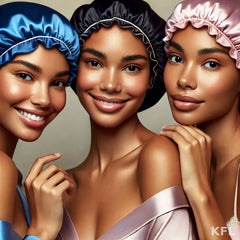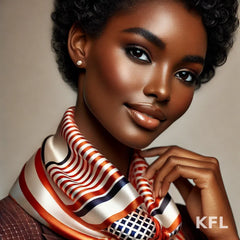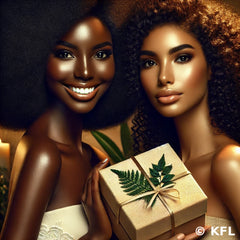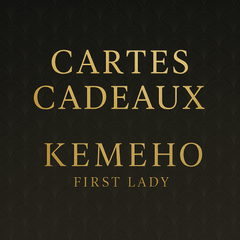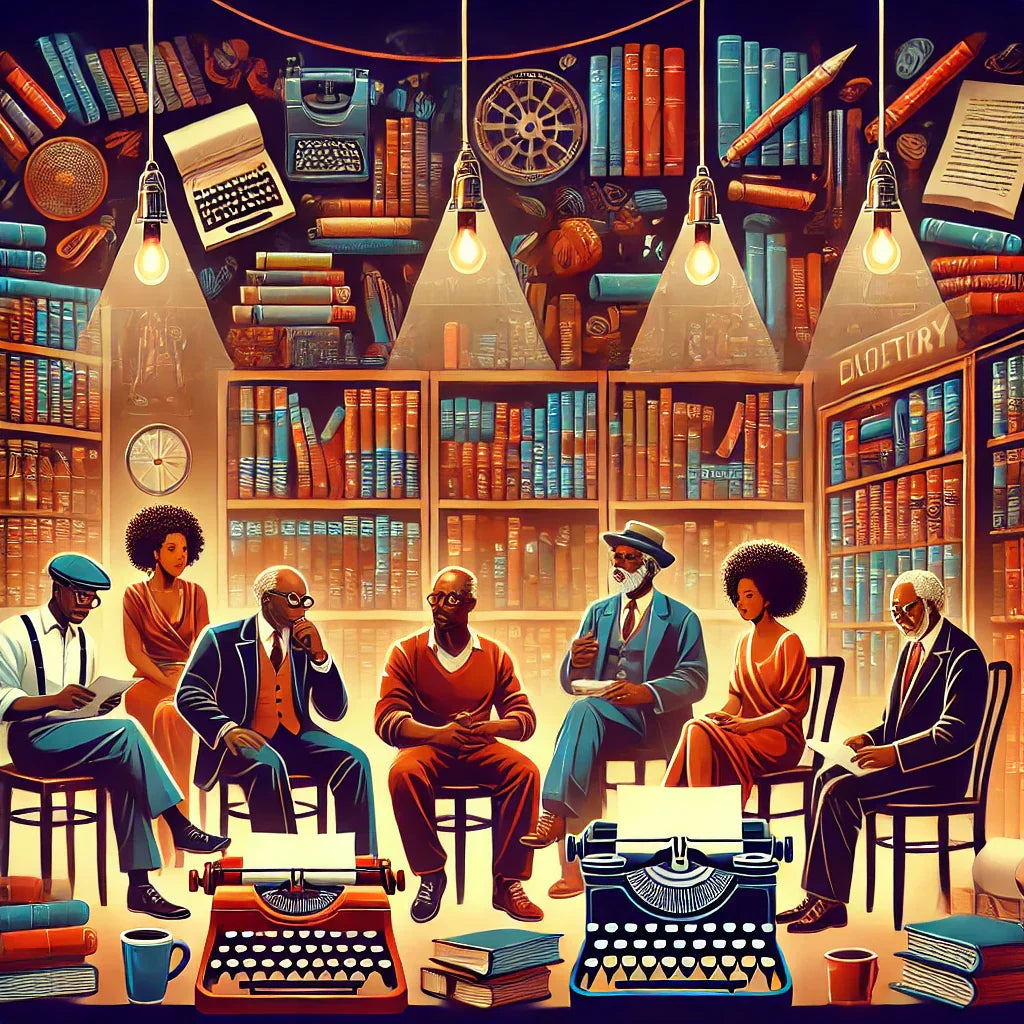
The Evolution of Afro-American Literature: From Roots to Heights
Share Label
Afro-American literature has a rich and complex history, reflecting the struggles, triumphs, and cultural identity of the Black community in the United States. From the poignant accounts of slaves to modern works that explore issues of identity, equality, and social justice, this literary corpus has shaped American consciousness and continues to influence the global literary scene.
Slave Narratives: The First Written Voices
In the 18th and 19th centuries, the voice of African Americans began to emerge in the form of slave narratives. These autobiographical testimonies, such as those of Frederick Douglass (Narrative of the Life of Frederick Douglass, an American Slave) and Harriet Jacobs (Incidents in the Life of a Slave Girl), were not merely personal stories. They were acts of resistance, meant to raise white public awareness of the horrors of slavery and fuel the abolitionist movement.
The Harlem Renaissance: A Literary Golden Age
In the 1920s and 1930s, the Harlem Renaissance marked a turning point in Afro-American literature. This cultural movement transformed Harlem, New York, into a hub of artistic creativity. Writers such as Langston Hughes, Zora Neale Hurston, and Claude McKay explored Black identity, cultural pride, and struggles for racial equality. Through their poems, novels, and essays, they broke stereotypes, celebrated the beauty of Black culture, and laid the foundation for modern Afro-American literature.
The Civil Rights Era: A Literature of Engagement
From the 1950s and 1960s, the struggle for civil rights fueled a new wave of militant literature. James Baldwin, with The Fire Next Time, and Richard Wright, with Native Son, directly confronted systemic racism, segregation, and social inequalities. Their works did more than tell stories; they questioned American consciousness and raised fundamental questions about humanity and justice.
The Feminist and Intersectional Voices
In the 1970s and 1980s, writers such as Toni Morrison (Beloved), Alice Walker (The Color Purple), and Maya Angelou (I Know Why the Caged Bird Sings) expanded the scope of Afro-American literature. They highlighted the intersection of race, gender, and social class, giving a voice to the specific experiences of Black women. Their work is both deeply personal and universal, shedding light on often marginalized stories.
Contemporary Challenges and Triumphs
Today, Afro-American literature continues to evolve, driven by an increasing diversity of voices and perspectives. Authors like Ta-Nehisi Coates (Between the World and Me) and Jesmyn Ward (Sing, Unburied, Sing) examine contemporary realities while continuing the literary tradition of their predecessors. They explore themes such as the legacy of slavery, police violence, identity crises, and cultural resilience.
The Literary Legacy: A Continuous Narrative
Afro-American literature continues to grow and reinvent itself. By tracing its origins and recognizing the major contributions of Black writers, we gain a deeper understanding of how these voices have influenced American cultural identity and the global literary landscape. Their legacy continues to inspire new generations of writers and readers, reminding us that literature is not only a reflection of society but also a driving force for change.


